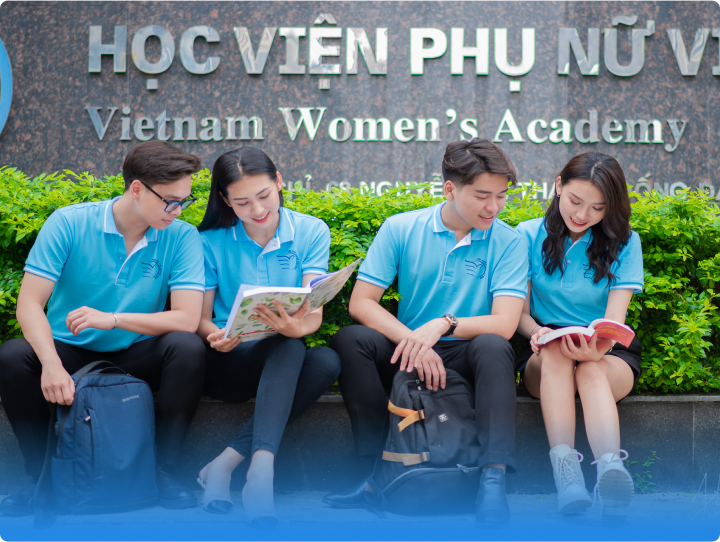– Total credits: 122 credits, excluding English courses (14 credits), physical education (3 credits) and national defense education (8 credits).
– The credits are distributed across the following knowledge categories:
- General education: 35 credits, including 31 compulsory credits and 04 elective credits;
- Basic core courses: 20 credits, including 16 compulsory credits and 04 elective credits;
- Major core courses and concentration courses: 47 credits, including 42 compulsory credits and 06 elective credits;
- Supplementary courses: 04 elective credits;
- Practice-based courses: 07 credits;
- Graduation internship and graduation thesis: 11 credits.
– The proportion of practical credits to the total number of credits is 38.0%.
1. General education (35 credits) – excluding physical education (3 credits), national defense education (8 credits), and English (14 credits)
1.1 Political theory (11 credits)
1.2. Social sciences (11 credits)
1.3. English (17 credits)
1.4. Information technology – Natural sciences (6 credits), physical education, national defense education
1.5. Elective courses (4 credits – select 2 out of 7 courses)
2. Professional educational courses (87 credits)
2.1 Basic core courses (20 credits)
- Compulsory courses (16 credits)
- Elective courses (4 credits – select 2 out of 5 courses)
2.2 Major core and concentration courses (47 credits)
2.2.1 Major core courses (9 credits)
2.2.2 Concentration courses (39 credits)
- Compulsory courses (33 credits)
- Elective courses (6 credits – select 2 out of 4 courses)
2.3. Supplementary courses (4 credits – select 2 out of 4 courses)
2.4. Practical courses (7 credits)
2.5. Graduation internship and graduation thesis (11 credits)

 Tiếng Việt
Tiếng Việt

